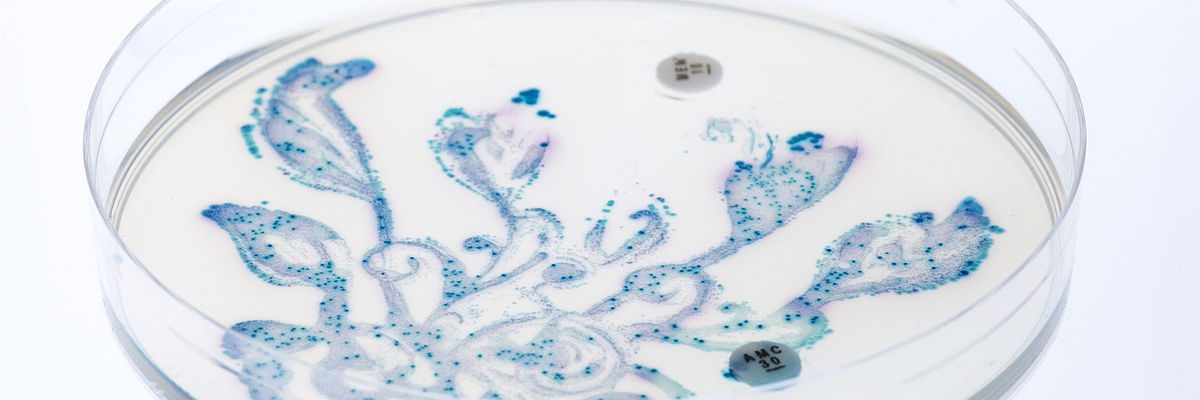The ‘ecosystem of gut bacteria.’ Source: Dr Nicola Fawcett and Christopher Wood, Wikimedia Commons
Studies have shown that the trillions of microbes in our gut are directly linked to many aspects of our wellbeing.
More and more evidence has revealed that gut microbes also play a big role in the health and longevity of our brains.
A new study on mice, conducted by the Washington University School of Medicine in St Louis, USA, has shown that gut bacteria affect the behaviour of immune cells throughout our bodies. These include cells in the brain that can worsen neurodegeneration in conditions like Alzheimer’s.
David M. Holtzman, MD, the Barbara Burton and Reuben M. Morriss III Distinguished Professor of Neurology said, “We gave young mice antibiotics for just a week, and we saw a permanent change in their gut microbiomes, their immune responses, and how much neurodegeneration related to a protein called tau they experienced with age.”
“What’s exciting is that manipulating the gut microbiome could be a way to have an effect on the brain without putting anything directly into the brain.”
Certain changes that lead to neurodegenerative diseases, such as Alzheimer’s, have been linked to inflammation, some of which is known to be triggered by changes in the gut.
The study carried out by Holtzman and the team at the Washington University School of Medicine found that the formation of neurodegenerative diseases in certain mice (specifically males) was reduced and even prevented with microbiome changes, such as the introduction of antibiotics and probiotics.
However, microbiome changes had little effect on female mice, and Holtzman said it is already well known that immune cells react differently in male and female brains. So, this is an area that will undoubtedly undergo further research and testing.
This study, so far, has opened up the exciting possibilities of modifying gut microbiome to potentially lessen and prevent neurodegeneration.





